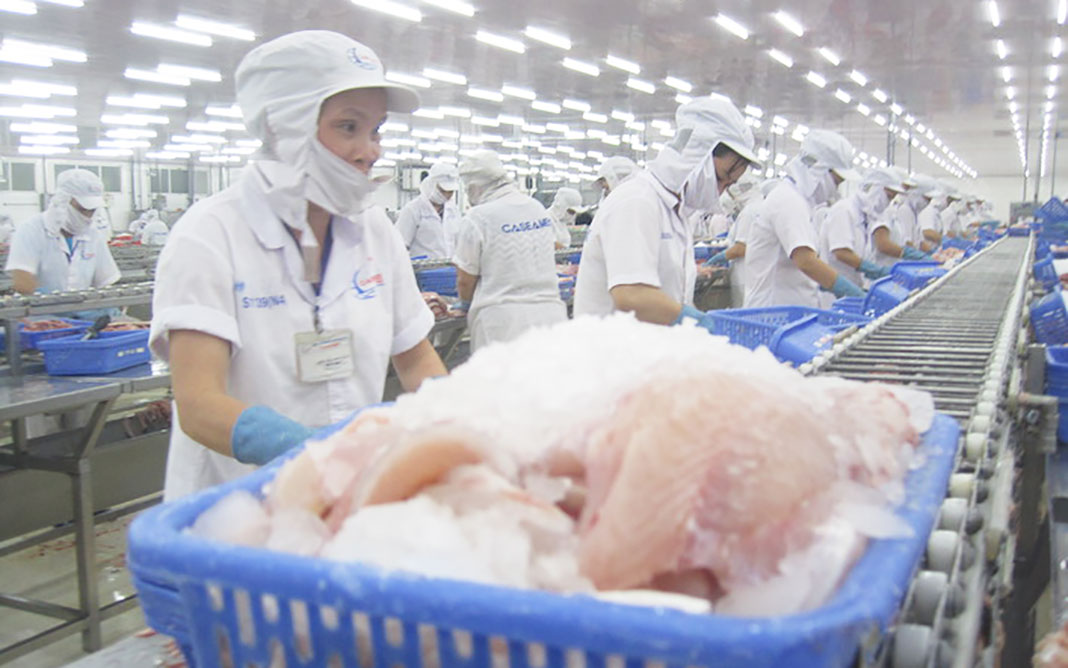HCMC – Food processing enterprises have to import some 90% of food materials despite the country’s plentiful resources, placing Vietnamese food products at a disadvantage against their rivals in the domestic market.
Data from the HCMC Statistics Office showed Vietnam’s and HCMC’s industrial production index of the food processing industry grew 9% and 11.9% over the same period last year, respectively.
Vietnam spent US$13.2 billion on imports of materials like seafood, vegetables, corn, cashews and ingredients from foreign markets such as China and the European Union, the General Department of Vietnam Customs reported.
Vietnam still struggled to sustainably expand and develop markets for its agricultural commodities, and faced problems such as guiding farmers through applying science and technology. These have posed challenges to processing and manufacturing companies as they require a large volume of materials, according to Nguyen Dang Nghia, former director of the Southern Center for Soil, Fertilizer and Environmental Research.
Le Nguyen Doan Duy, business development director of AIG ASIA Ingredients Corporation, said that building a processing plant with output of 100,000 tons requires at least 200,000-300,000 tons of inputs. “It is tough to ensure such a material input volume, as raw material areas cannot meet the demand,” he added.
Many food processing companies said they were operating at 70-80% capacity due to a shortage of raw materials. Meanwhile, some were at risk of making losses and compensating contracts as production costs soared.
Given the current situation, many enterprises were developing their raw material areas to control and guarantee input quality and orient toward self-sufficiency in the raw material supply, Duy said.
Meanwhile, the Government should develop policies to support farmers and build linkages between farmers and food processing businesses so that regions could develop sustainably, he suggested.









